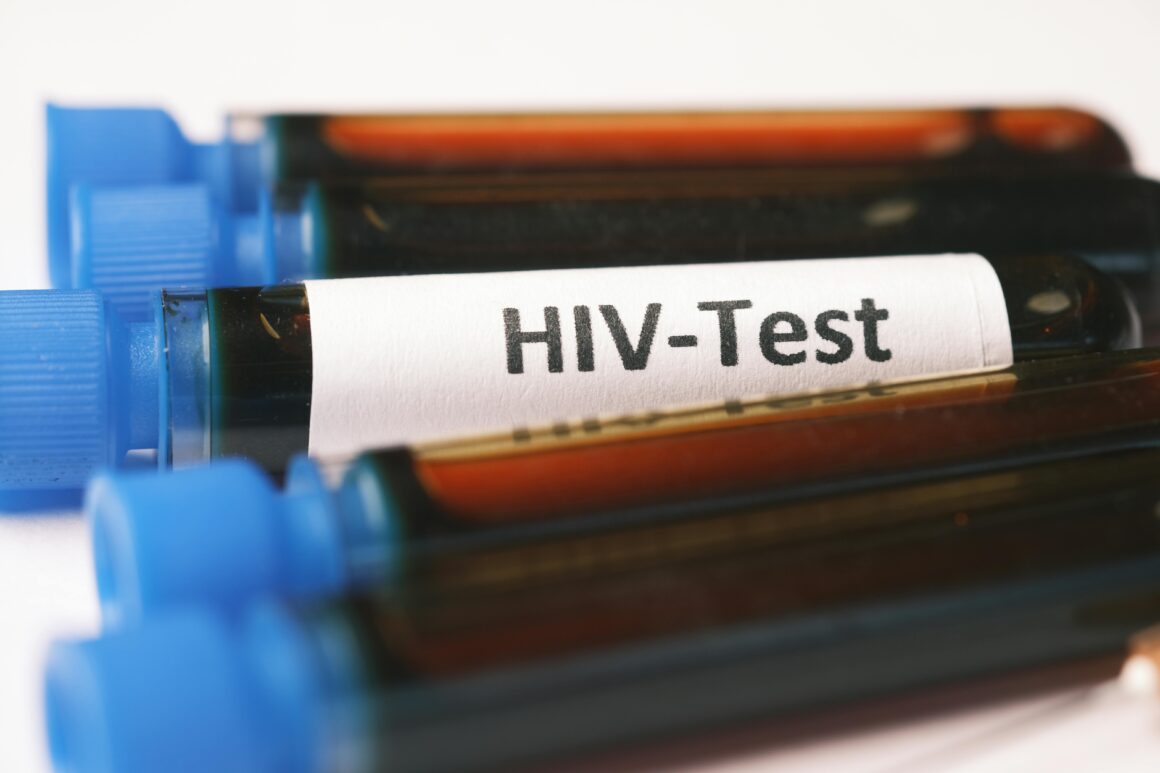When people talk about social responsibility, the usual images are tree-planting drives, coastal clean-ups, or classroom donations. These initiatives do good — and they show it. Yet one area that remains underrepresented, even though it’s deeply tied to community well-being, is reproductive health.
In the Philippines, discussions about sexual and reproductive health often remain behind closed doors. Cultural sensitivities and long-held taboos make it a challenging topic for mainstream campaigns. However, real social responsibility means addressing what people actually need, even when those needs are uncomfortable to talk about.
Why Reproductive Health Is a Social Responsibility
True social responsibility isn’t just about “doing something good.” It’s about making change where it’s needed most.

In the Philippines, issues such as rising HIV cases and adolescent pregnancy continue to threaten the health and future of young people. According to the Department of Health, thousands of new HIV infections are recorded each year, many among youth aged 15–24. Meanwhile, teenage pregnancies remain a pressing concern despite ongoing efforts from both public and private sectors.
When individuals gain access to family planning services and quality reproductive healthcare, the impact goes beyond personal wellness. Communities thrive. People can focus on education, pursue livelihoods, and plan for a better future. The ripple effect strengthens both families and society at large.
How Social Enterprises Drive Sustainable Change
Unlike one-time CSR projects, social enterprises create long-term, sustainable impact. These organizations balance business and advocacy by selling goods or services and reinvesting their earnings into programs that further their cause.
In the reproductive health space, this model makes it possible to deliver accessible healthcare solutions, from affordable contraceptives to free consultations and community outreach. It ensures that progress doesn’t rely solely on donations but continues through self-sustaining efforts.
TRUST: A Model for Purpose-Driven Impact
One powerful example is TRUST, a brand under DKT Health, Inc. — a global social enterprise promoting sexual and reproductive health. In the Philippines, TRUST’s ongoing campaign, “Ang Normal Mo, Normal ’Yan!”, launched on September 25, 2025, challenges taboos and normalizes conversations around sexual wellness.
The campaign’s message is simple: taking care of your sexual and reproductive health (SRH) is responsible, not shameful.
Through DKT’s model, proceeds from TRUST’s commercial sales are reinvested into the DKT Philippines Foundation, which provides free reproductive health services nationwide — particularly in underserved and rural areas. Each purchase directly supports real-world programs that empower Filipinos with education, choice, and access.
In 2024, TRUST recorded a total of 3.6 million Couple-Years of Protection (CYP) — equivalent to protecting 7.2 million individuals. This metric, used globally by public health organizations like USAID, measures the impact of contraceptive use and program reach.
“We put impact over profit,” said Denise R. van Dijk, President and CEO of DKT Health, Inc. “We take what we generate and reinvest it into our foundation, focusing on last-mile distribution and making sure no one is left behind.”
A Collective Mission for Change
As consumers become more conscious of the values behind brands they support, social enterprises like TRUST demonstrate how purpose and profit can coexist. By investing in health, education, and empowerment, they’re helping shape communities that value choice, dignity, and well-being.
Ultimately, social responsibility in reproductive health is not just about awareness — it’s about access, inclusion, and continuity. When brands act with purpose, they help ensure that every Filipino has the right to live healthy, informed, and empowered lives.


















































Leave a Reply